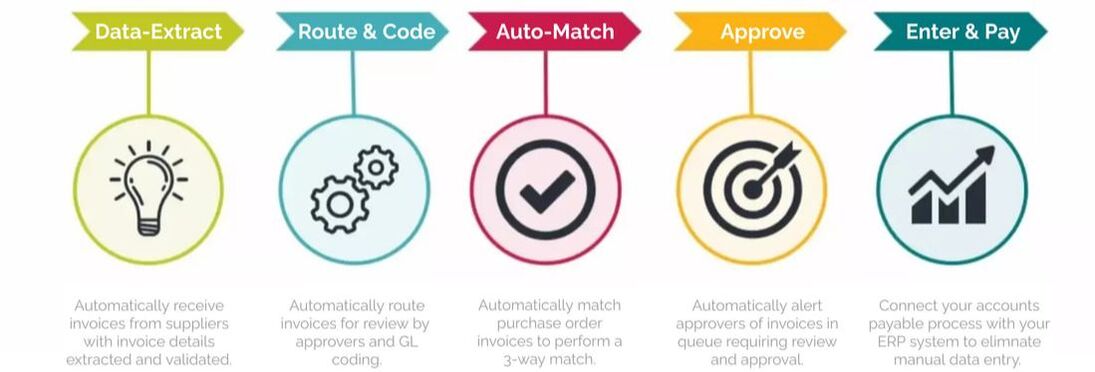20 Ways to Streamline Accounts Payable to be More Efficient!
Here are 20 ways to streamline the accounts payable process to create a more efficient process!
- Clear Submission Guidelines:
- Provide suppliers with detailed guidelines specifying the preferred format, required documentation, and any specific instructions for submitting invoices.
- Standardized Invoice Templates:
- Encourage suppliers to use standardized invoice templates that include all necessary information, making it easier for your accounts payable team to process invoices accurately.
- Online Submission Portal:
- Implement a secure online portal where suppliers can submit their invoices. This not only ensures data security but also facilitates a more efficient and organized intake process.
- Electronic Invoicing:
- Promote electronic invoicing to reduce reliance on paper-based processes. Electronic formats speed up data entry and minimize the risk of errors.
- Automated Validation Checks:
- Utilize automated tools to validate incoming invoices. This includes checks for accuracy, completeness, and adherence to submission guidelines, helping to catch errors early in the process.
- Dedicated Email Address:
- Designate a specific email address for invoice submissions to streamline communication and ensure that all invoices are directed to the right department promptly.
- Early Submission Incentives:
- Offer incentives, such as early payment discounts, for suppliers who submit invoices ahead of schedule. This encourages a smoother cash flow and timely processing.
- Prompt Confirmation of Receipt:
- Send prompt acknowledgment of receipt for submitted invoices. This not only reassures suppliers but also helps in reducing follow-up inquiries, improving overall efficiency.
- Efficient Invoice Routing:
- Establish a well-defined and efficient approval workflow for invoices. This includes clearly defining roles and responsibilities to expedite the approval process.
- Transparent Approval Hierarchy:
- Clearly communicate the approval hierarchy to suppliers. This helps in avoiding delays by ensuring that invoices are routed to the appropriate individuals for approval.
- Regular Audits and Reconciliation:
- Conduct regular audits of accounts payable transactions to identify and rectify errors. Regular reconciliation ensures accuracy and compliance with financial regulations.
- Centralized Document Management:
- Implement a centralized document management system for invoices, receipts, and related documentation. This helps in quick retrieval and prevents delays caused by misplaced or lost documents.
- Effective Communication with Vendors:
- Maintain open and proactive communication with vendors. This includes providing updates on the status of their invoices and addressing any concerns promptly.
- Consistent Payment Terms:
- Negotiate and adhere to consistent payment terms with suppliers. This minimizes confusion and fosters a positive relationship by providing clarity in financial transactions.
- Cross-Functional Collaboration:
- Encourage collaboration between accounts payable and other departments, particularly procurement. This ensures a unified approach to addressing issues and streamlining processes.
- Regular Performance Reviews:
- Establish key performance indicators (KPIs) to monitor the efficiency of the accounts payable process. Regular reviews help identify areas for improvement and maintain a high standard of performance.
- Streamlined Payment Scheduling:
- Plan payment schedules strategically to optimize cash flow. This involves aligning payment dates with the organization's financial goals while adhering to agreed-upon vendor terms.
- Automated Reminders:
- Implement automated reminder systems for pending approvals or upcoming payment deadlines. This reduces the risk of oversights and ensures timely action on outstanding tasks.
- Continuous Employee Training:
- Provide ongoing training to accounts payable staff. This includes keeping them updated on industry trends, technological advancements, and best practices to enhance their skills and efficiency.
- Feedback Mechanism:
- Establish a structured feedback mechanism with suppliers to gather input on the invoicing process. Act on this feedback to make continuous improvements, fostering a collaborative and mutually beneficial relationship.
